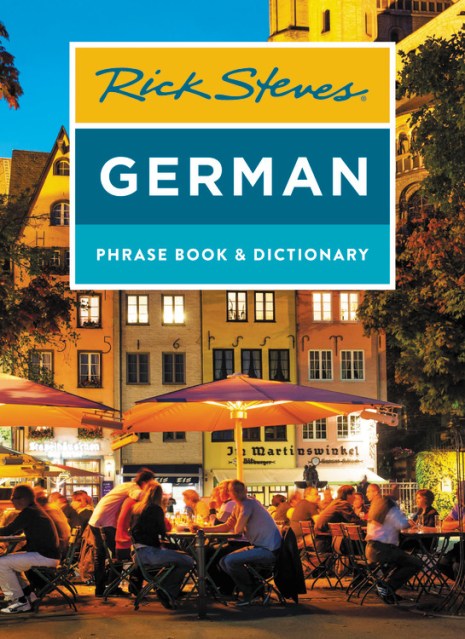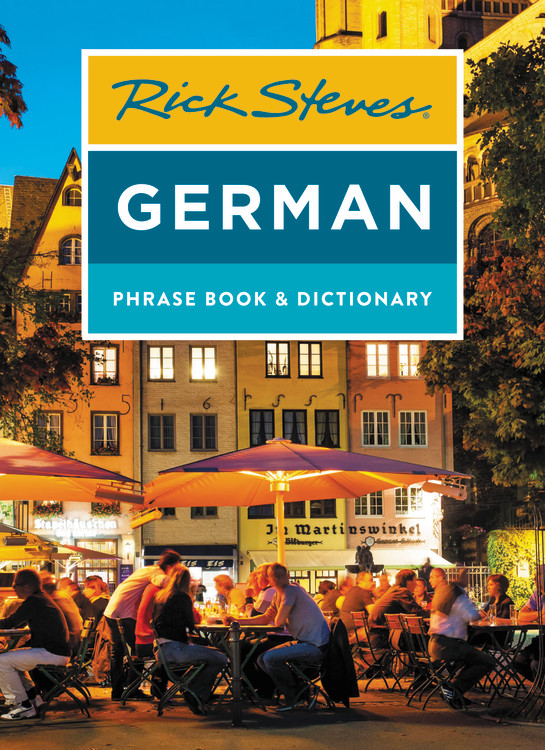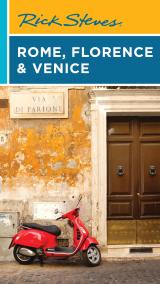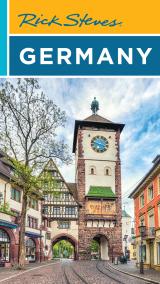By clicking “Accept,” you agree to the use of cookies and similar technologies on your device as set forth in our Cookie Policy and our Privacy Policy. Please note that certain cookies are essential for this website to function properly and do not require user consent to be deployed.
Rick Steves German Phrase Book & Dictionary
Contributors
By Rick Steves
Formats and Prices
- On Sale
- Sep 3, 2019
- Page Count
- 456 pages
- Publisher
- Rick Steves
- ISBN-13
- 9781641711920
Price
$12.99Price
$16.99 CADFormat
Format:
- Trade Paperback $12.99 $16.99 CAD
- ebook $9.99 $12.99 CAD
This item is a preorder. Your payment method will be charged immediately, and the product is expected to ship on or around September 3, 2019. This date is subject to change due to shipping delays beyond our control.
Buy from Other Retailers:
- Key phrases for everyday circumstances, complete with phonetic spelling
- An English-German and German-English dictionary
- Tips for small talk and local lingo with Rick’s signature sense of humor
- A tear-out cheat sheet for continued language practice as you relax at a biergarten (no internet connection required!)
Series:
Newsletter Signup
By clicking ‘Sign Up,’ I acknowledge that I have read and agree to Hachette Book Group’s Privacy Policy and Terms of Use













































